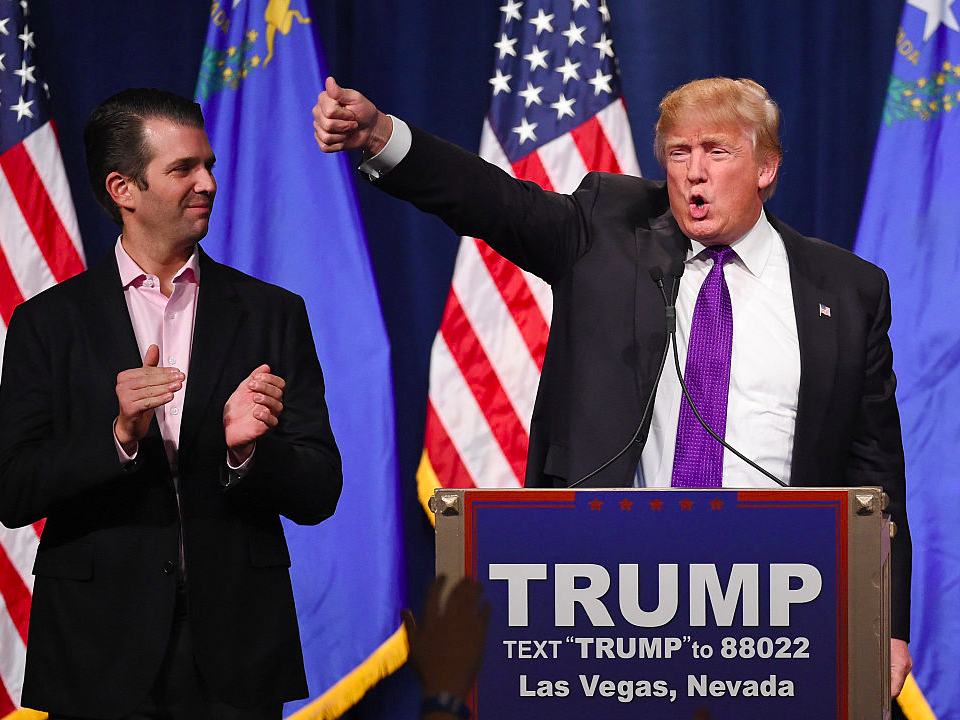A British company that focused on increasing voting participation rates in the EU referendum is helping Donald Trump target non-voters in his US Presidential Election campaign.
Trump’s campaign has already paid at least £193,000 ($250,000) to London-based company Cambridge Analytica, according to the Times newspaper.
In return, the business tycoon’s campaign will receive help from six data scientists, who will use “psychographic analysis” to target adverts according to voters’ personal values.
In practice, this means the firm will collect information about individual US voters from sources like their Facebook likes and spending habits, and tailor adverts for them based on their personalities. Alexander Nix, a former Etonian and financial analyst who heads the company, has vowed to “revolutionise the political landscape”.
Cambridge Analytica was hired by pro-Brexit group Leave.EU in the run-up to the June referendum to target Brits who usually don’t vote in elections or referenda. The company has identified 20 million US voters in key battleground states who it believes could be persuaded to both to participate and, importantly, back Trump.
The Times says detailed plans have already been put together for certain states.

For example, in Florida, the company has drawn up a strategy to target Hispanic voters who are concerned by national security with adverts that present Trump as a strong commander-in-chief.
In Arizona, the company is planning to target certain Hispanics with messages about Trump's immigration policy which avoid reference to his promise to build a wall on the US-Mexico border.
Matt Singh, a polling analyst who runs the Number Cruncher Politics blog, believes one of the key reasons Leave won the EU referendum was the high turnout. The turnout at the 2015 UK general election was just over 66%, while 72% of registered Brits voted in the EU referendum. That's an increase of 8%.
Crucially, the majority of these new voters were persuaded to back Brexit. That's one of the reasons why most pollsters were wrong in their predictions - their opinion polls didn't pick up people who didn't vote in 2015.
It is unclear how much of a part Cambridge Analytica's work played in this phenomenon - but it certainly played apart. Trump will be hoping the British company can have a similar impact on the US electorate.
Cambridge Analytica was not immediately available for comment when BI contacted the firm on Thursday morning.

